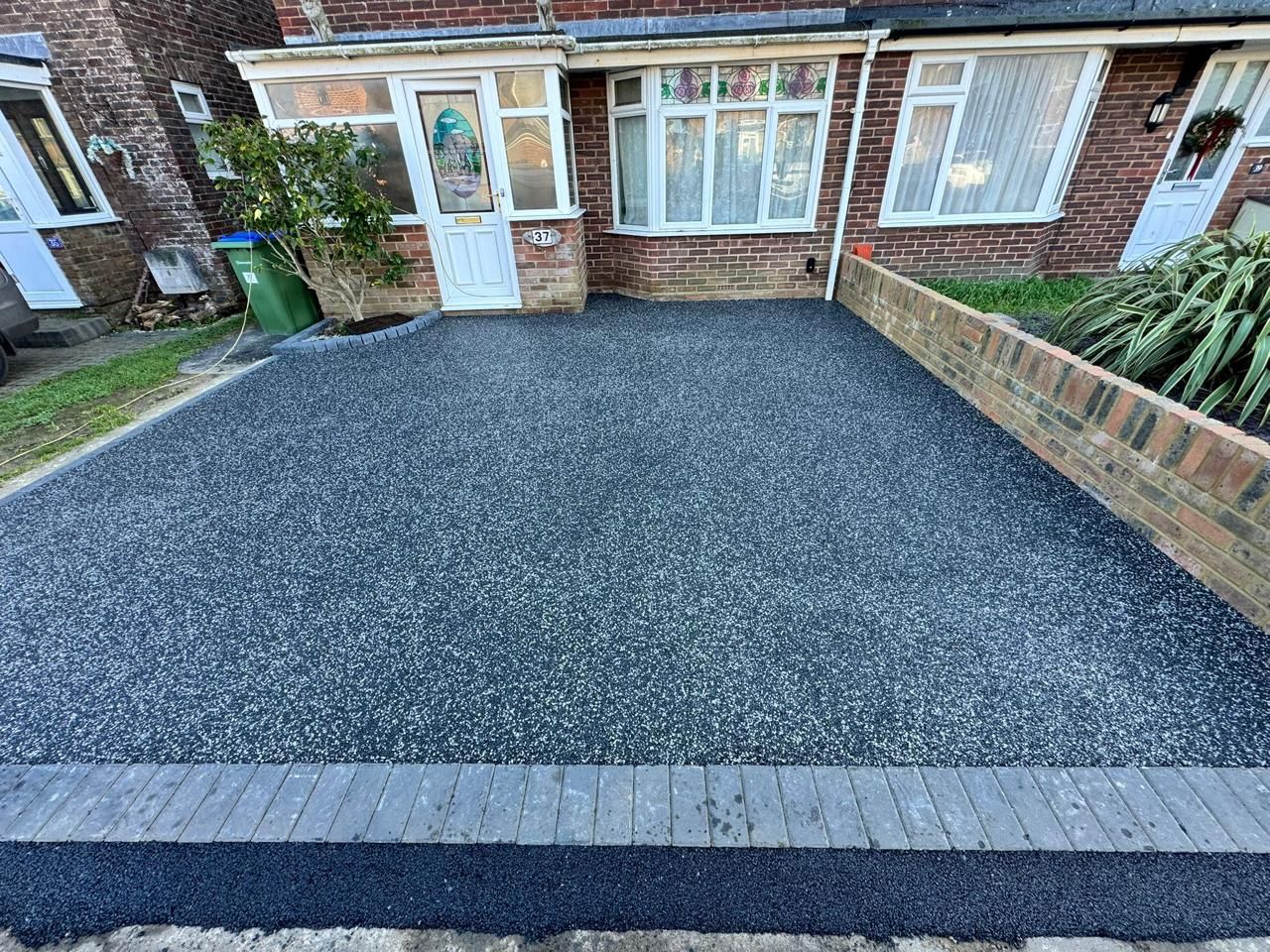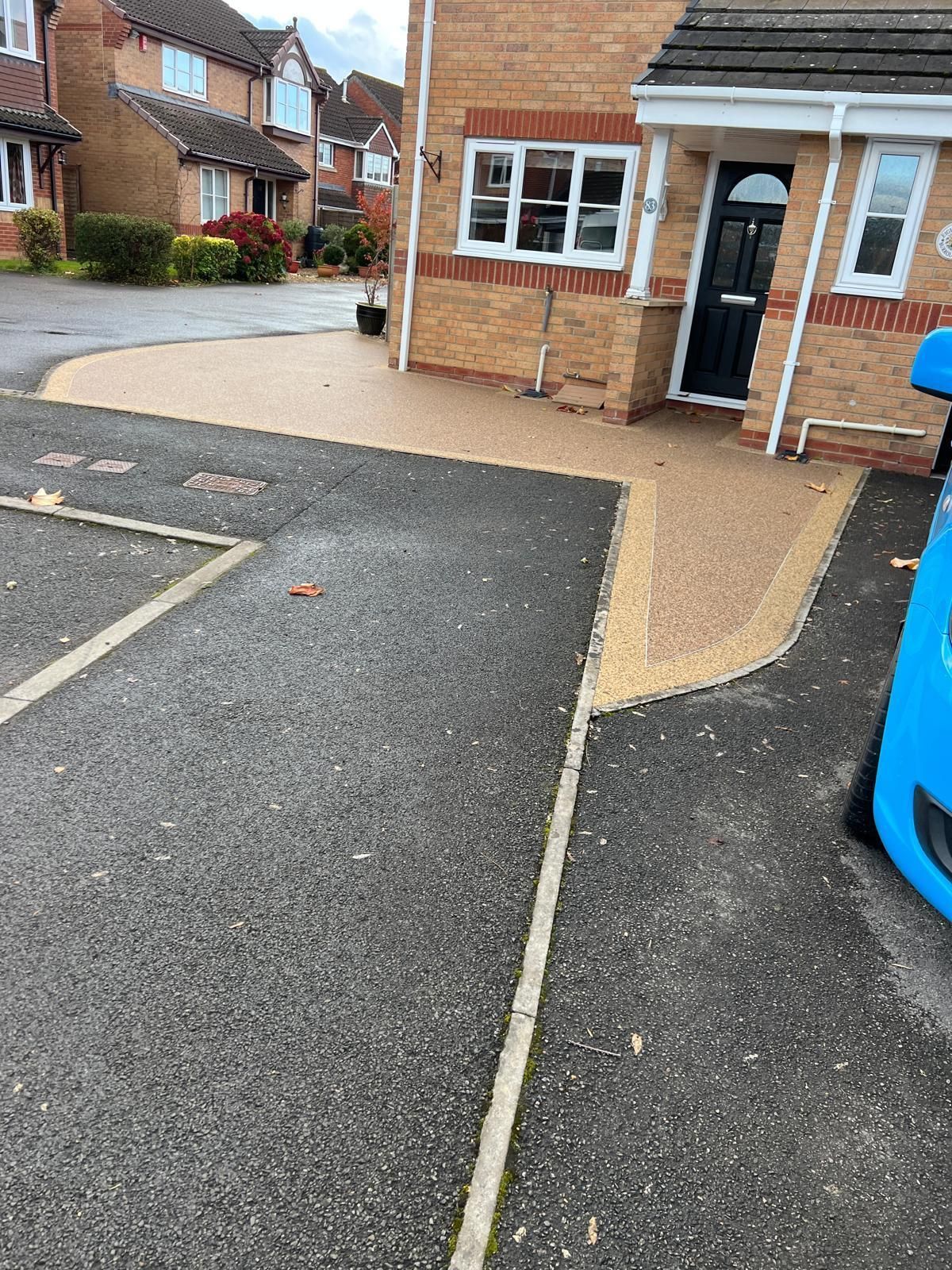The Science Behind Permeable Resin Driveways
The Science of Driveways Made of Permeable Resin
Traditional driveway materials often struggle with longevity. Concrete cracks under pressure, asphalt softens in heat, and block paving shifts over time. Conversely, durable resin driveways maintain structural integrity through innovative formulations that flex rather than fracture under stress or temperature fluctuations.
This resilience translates directly to
low maintenance resin requirements compared to conventional alternatives. While other surfaces demand regular intervention to maintain appearance and functionality, resin continues performing with minimal attention, saving both time and money throughout its extended lifespan.
Water Management Superiority
Modern regulations increasingly emphasise proper water management.
Permeable driveway solutions using resin technology offer significant advantages by allowing rainwater to filter naturally into the ground. These
SuDS-compliant driveways (Sustainable Drainage Systems) satisfy regulations while eliminating standing water problems common with impermeable traditional surfaces.
The permeability creates naturally
puddle-free driveways even during heavy rainfall. This drainage capability pairs with resin’s inherent slip resistance to create
non-slip resin surfaces that remain safer in wet conditions than many traditional alternatives, which often become treacherous when damp.
Climate Resistance
Winter weather severely tests driveway materials.
Frost-resistant driveways created with quality resin formulations withstand freeze-thaw cycles that devastate concrete. This resilience extends across seasons, with
weather-resistant driveways maintaining appearance and functionality through summer heat and winter cold alike.
For properties with existing drainage challenges, resin systems can incorporate specific
driveway drainage solutions that are impossible with conventional materials. This adaptability, combined with the resin’s inherent
crack-resistant driveways characteristics, addresses common failure points of traditional surfaces.
When analysing weather resistance and durability factors,
resin consistently outperforms traditional driveway materials across critical performance metrics that matter in real-world applications.





